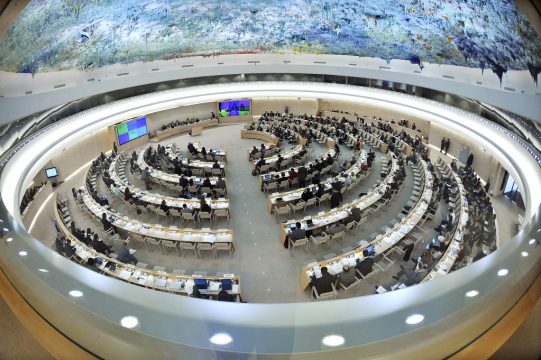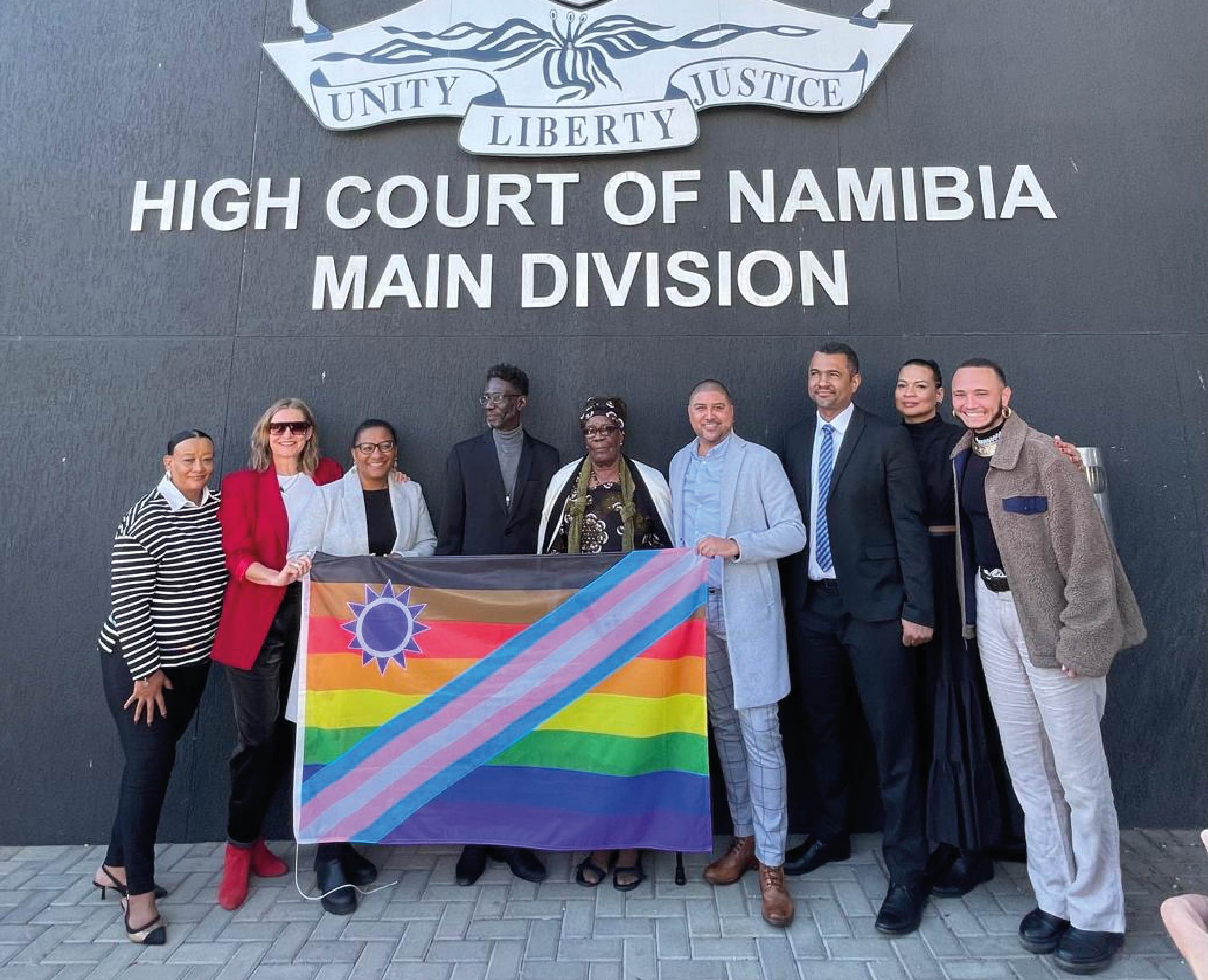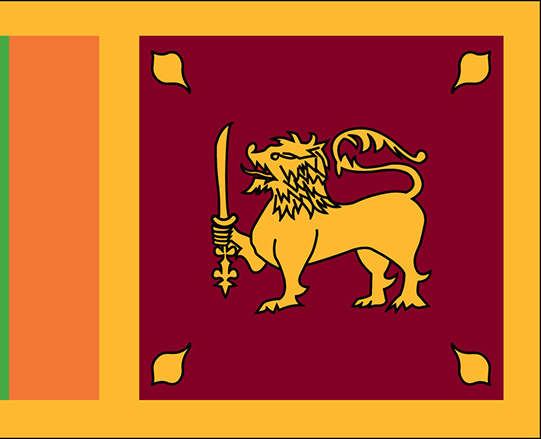In a landmark decision released today, a UN women’s rights committee found that the criminalisation of consensual, same-sex intimacy between women violates a key rights treaty.
The decision in a case brought by Rosanna Flamer-Caldera, Executive Director of EQUAL GROUND, the main LGBT organisation in Sri Lanka, with the support of the Human Dignity Trust, sets a major legal precedent, holding that the criminalisation of lesbian and bisexual women violates the UN Convention on the Elimination of All Forms of Discrimination against Women.
The Committee on the Elimination of Discrimination against Women (CEDAW) said that the Sri Lankan authorities have subjected Ms Flamer-Caldera to gender-based discrimination and violence, and had not taken any legal or other measures to respect and protect her right to a life free from gender-based violence, or to eliminate the prejudices to which she has been exposed as a woman, lesbian and activist.
It also found that the authorities have breached her right to access to justice, since the criminal law constrains her ability to complain of abuses.
The Committee urged Sri Lanka to decriminalise same-sex sexual activity. It also requested that the State take immediate and effective action to stop the threats, harassment and abuse, which Ms Flamer-Caldera has been subjected to and ensure that she and EQUAL GROUND can carry out their activism safely and freely. Additionally, the Committee pressed Sri Lanka to pursue criminal processes to hold those responsible for her abuse to account.
This decision is significant for millions of criminalised lesbian and bisexual women around the world. Most of the 40-plus countries that currently criminalise same-sex intimacy between women have voluntarily signed up to the Convention and are now in clear and blatant violation of its binding legal obligations
Ms Flamer-Caldera’s case drew particular attention to the multiple forms of discrimination that lesbian and bisexual women face, because of their sexuality and their gender. The Committee accepted that the discrimination within the law in Sri Lanka creates a hostile environment.
I am over the moon to hear of this decision. The Sri Lankan government has ratified the Convention, and this is therefore further pressure on them to repeal these discriminatory laws and free us from the stigma and violence caused by criminalisation
Lesbian and bisexual women activists around the world enthusiastically welcomed the decision.
‘Lesbian and bisexual women are not asking for special rights. We are asking for the same rights as those enjoyed by our fellow citizens,’ said Steve Letsike, South African feminist and Executive Director of Access Chapter 2. ‘And so, this decision is extremely useful as it will intensify and incentivise in-country efforts to ensure the advancement of all women towards equality.’
Described as an international bill of rights for women, the Convention is also an agenda for action by countries to guarantee the enjoyment of those rights, with the vast majority of UN member states being bound by it.
The Human Dignity Trust worked on Ms Flamer-Caldera’s case for eight years, building on evidence from its report Breaking The Silence, which highlights the global extent and impact of criminalisation on lesbian and bisexual women.
‘The Human Dignity Trust is expanding international law to provide more legal arguments for local activists and lawyers, who bravely challenge these laws in their own domestic courts. This is one of the most significant UN decisions on criminalisation and is one more step towards protecting all women from discrimination,’ added Braun.
Notes to editors
- Read the decision from the Committee on the Elimination of Discrimination against Women (CEDAW).
- Rosanna Flamer-Caldera was represented by the Human Dignity Trust, Professor Christine Chinkin, Karon Monaghan QC, Dr Keina Yoshida and DLA Piper.
- CEDAW is the body of independent experts that monitors implementation of the Convention on the Elimination of All Forms of Discrimination against Women. The Committee consists of 23 experts on women’s rights from around the world. Countries that are party to the Convention are obliged to submit regular reports to the Committee on how the rights in the Convention are implemented. The Committee has the power to consider complaints from individuals alleging violations of the Convention by countries that have signed its Optional Protocol. Today’s decision was made under this Optional Protocol procedure.
- Visit the Human Dignity Trust’s interactive map to see which countries across the world continue to criminalise consensual sex between women.
- The Human Dignity Trust works with LGBT activists around the world to defend human rights in countries where private, consensual, same-sex sexual activity is criminalised. We provide free legal assistance to local organisations that are challenging laws that persecute people on the basis of their sexual orientation and/or gender identity.
For more information and to arrange interviews contact:
Emma Eastwood, Head of Strategic Communications, HDT
T: +44 (0)20 7419 3770 / E: [email protected] / Twitter: @HumanDignityT



